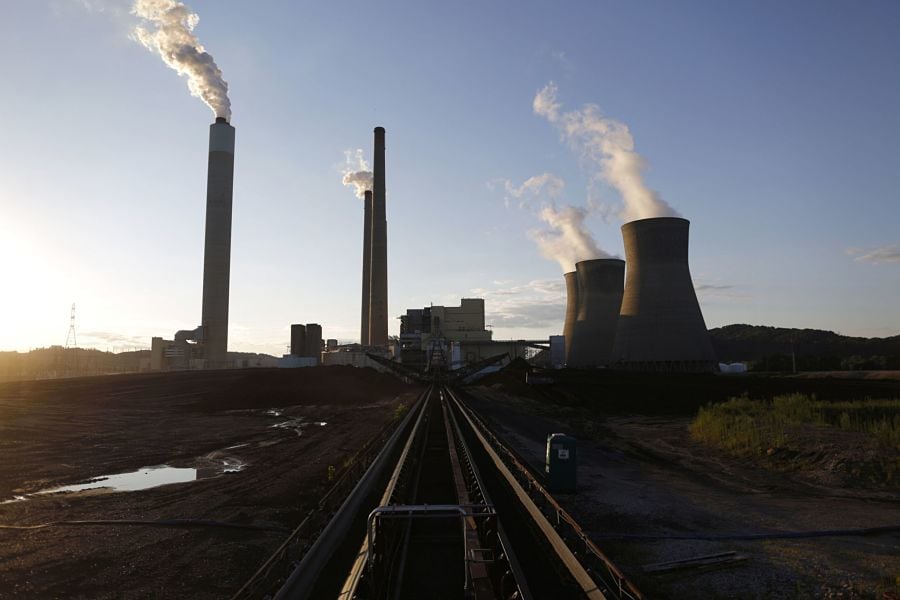

The COP26 climate summit underscored the critical role of the private sector in combatting climate change. On the surface, the global business community seems mobilized. Even airlines and oil majors have publicly committed to achieving net-zero carbon emissions.
However, climate-focused investors shouldn’t take corporate pledges at face value. Distant timelines, reliance on unproven carbon removal technologies and an emphasis on the “net” side of the equation are ways for companies to get a public relations boost while avoiding the difficult work of real emissions reduction.
Morningstar’s new EU climate benchmarks aim to help investors separate lip service from measurable action. Built to satisfy regulatory requirements stipulated by the European Union’s Sustainable Finance Action Plan, the indexes incorporate Sustainalytics’ carbon data and research and emphasize companies that are serious about climate action. The benchmarks take a few important investigatory tacks to help determine which companies are putting their money where their mouth is when it comes to climate commitment.
Climate change is increasingly considered a material investment risk. Rising temperatures and extreme weather events demand scrutiny of a company’s properties, plants, and equipment and other physical risks. The shift away from fossil fuels also poses massive “transition risk” for many businesses.
Yet collecting basic emissions data is harder than it should be. Morningstar estimates that more than one-third of companies in sectors where climate change is a material issue are not disclosing greenhouse gas emissions. The number of companies that report Scope 3 emissions, which cover downstream activities, is just one-third the number that report Scopes 1 and 2, which are more direct.
Data holes, which require the utilization of emissions estimation models, represent just one challenge. There’s also the fact that a company’s carbon footprint is an imperfect reflection of its energy efficiency. Emissions must be measured relative to the size of a business. Carbon intensity, as prescribed by the EU, divides Scope 1 to 3 emissions by enterprise value (including cash), which facilitates comparisons across sector and asset class.
Even then, carbon intensity statistics paint only a partial picture. A power utility with a high current carbon footprint may be shifting toward renewables, for example. Sustainalytics’ Carbon Risk Rating is a forward-looking measure that evaluates how well companies are limiting emissions and employing green solutions.
A company is more likely to decarbonize if it has made a public commitment. That said, there are plenty of examples of questionable pledges. Just 9% of European companies are on track to meet 2050 emissions reductions targets, according to an Accenture study. In May 2021, a court in the Netherlands told Royal Dutch Shell that its net-zero commitment was inadequate. Australian gas supplier Santos is being forced to defend whether its net zero by 2040 plan is "clear and credible."
To help investors separate the companies paying lip service from those taking measurable steps to cut emissions and promote a low-carbon economy, consider how four companies rank within Morningstar’s EU climate indexes.
Kone. The Finnish elevator manufacturer receives maximum index weight:
• Carbon intensity much lower than peers and demonstrates a steady year-on-year reduction trend.
• Uses renewable energy for some operations, reports Scope 3 emissions, and always considers environmental impact.
• Committed to a “green building” agenda.
• Set empirical targets for 50% emissions cut and carbon neutrality by 2030
Whirlpool. The U.S. home appliance manufacturer receives above-market index weight:
• Participates in more than 45 programs in different states, provinces, and countries to recycle or reuse appliances.
• Has reduced energy intensity by roughly 12% since 2015 and achieved a 20% reduction in its absolute emissions.
• Formulated a credible goal to reduce greenhouse gas emissions from its manufacturing plants by 50% by 2030.
Volkswagen. The German auto giant receives below-market index weight:
• Continues to rely on diesel models, and has made a relatively late entry to the electric vehicle race.
• Faces large fines for missing 2020 EU emissions reduction targets, while the Porsche unit has been investigated by German authorities for allegedly falsifying fuel consumption figures.
Shell. One of the world’s largest energy companies receives well-below market index weight:
• Anticipates over $10 billion of near-term spending on integrated gas and upstream projects, compared with $2 billion to $3 billion on renewables, which remain a small part of business.
• While committing to reducing carbon intensity (including emissions from the use of its products) by 100% by 2050 and has an interim reduction goal of 45% by 2035, that doesn’t align with a net-zero target and relies on “future technologies.”
In sum, corporate net-zero pledges must be scrutinized. Only in-depth application of climate data and research can help investors seeking to align their portfolios to a 1.5-degree Celsius warming scenario.
Dan Lefkovitz is a strategist for Morningstar's Indexes group.

Relationships are key to our business but advisors are often slow to engage in specific activities designed to foster them.

Whichever path you go down, act now while you're still in control.

Pro-bitcoin professionals, however, say the cryptocurrency has ushered in change.

“LPL has evolved significantly over the last decade and still wants to scale up,” says one industry executive.

Survey findings from the Nationwide Retirement Institute offers pearls of planning wisdom from 60- to 65-year-olds, as well as insights into concerns.
Streamline your outreach with Aidentified's AI-driven solutions
This season’s market volatility: Positioning for rate relief, income growth and the AI rebound
